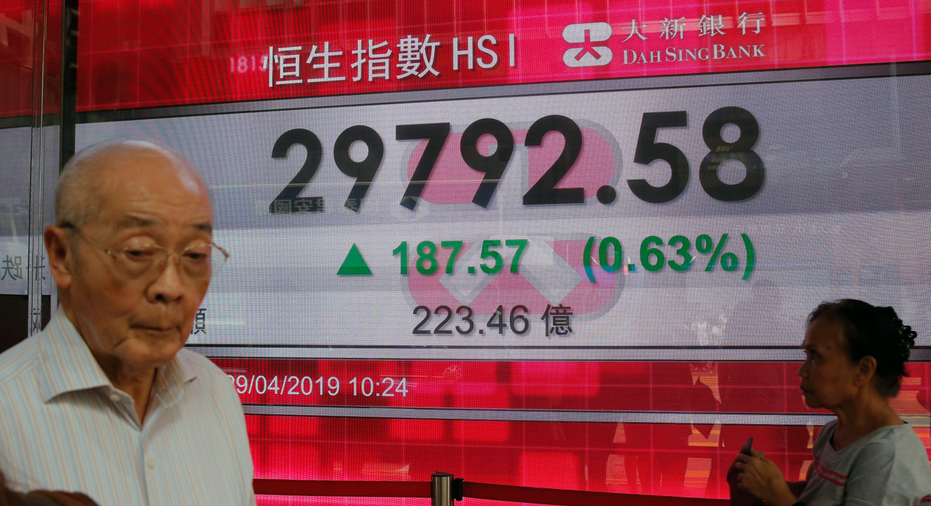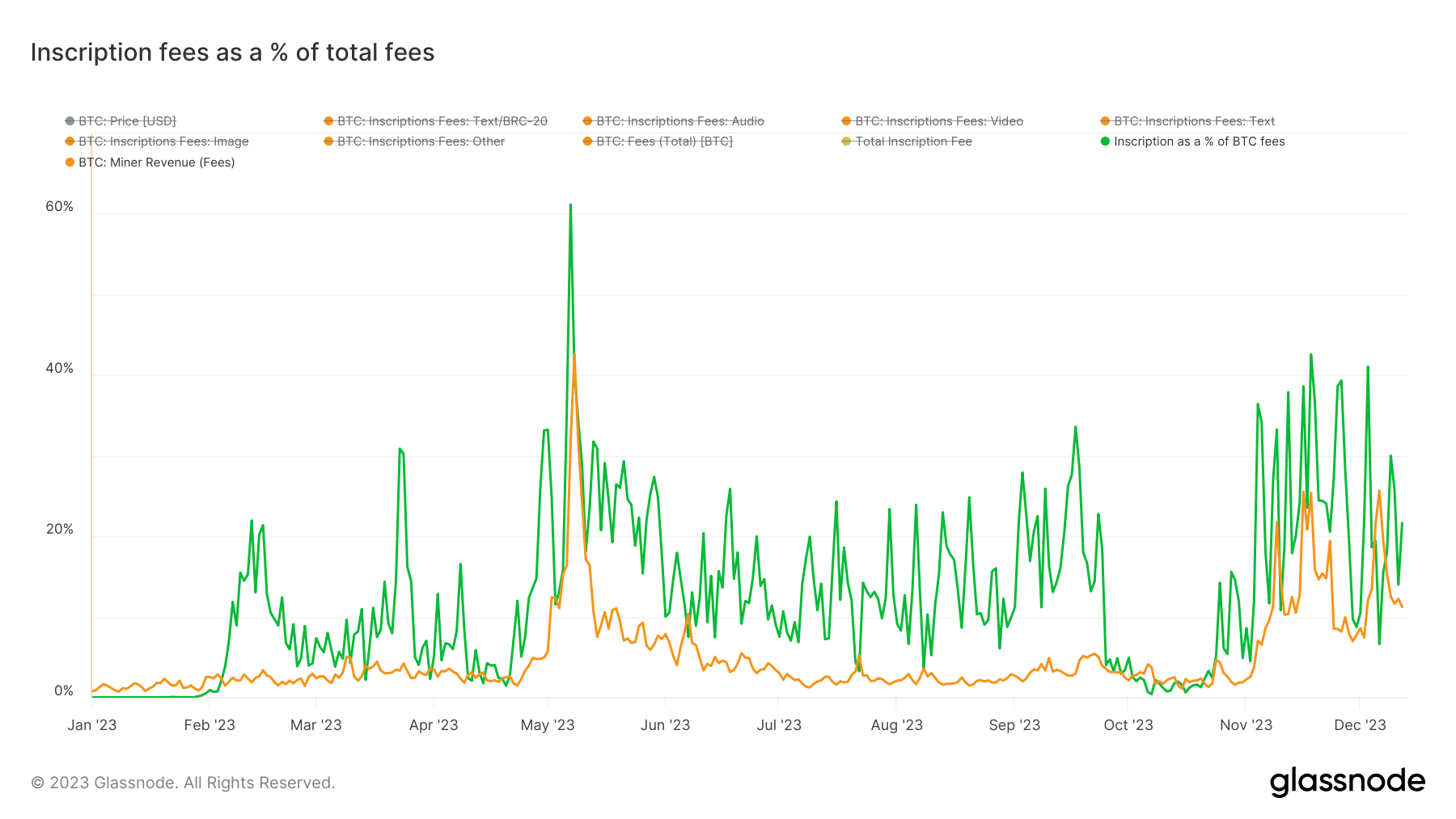US Crackdown Jeopardizes Chinese Plastics Supply From Iran

Table of Contents
The Scale of Iranian Plastics Exports to China
China’s reliance on Iranian plastics is substantial. For years, Iran has been a key supplier of crucial petrochemicals, including polyethylene (PE) and polypropylene (PP), vital components in countless Chinese manufactured goods. This bilateral trade relationship represents a significant portion of Iran's export revenue and a considerable chunk of China's plastic imports. Understanding the scale of this dependency is crucial to grasping the potential impact of the US sanctions.
- Annual Value and Volume: While precise figures are difficult to obtain due to the clandestine nature of some trade under sanctions, estimates suggest billions of dollars worth of plastics are traded annually between Iran and China. The volume involves hundreds of thousands of tons of crucial polymers.
- Key Plastics Involved: The trade primarily focuses on high-demand plastics like PE (used in films, packaging, and bottles) and PP (used in textiles, automotive parts, and appliances). Other plastics, including PVC, also feature in the trade.
- China’s Reliance: China's massive manufacturing sector is heavily reliant on consistent and affordable access to these materials. Iran has historically offered a competitive price point and reliable supply, making it a favored partner.
The Impact of US Sanctions on Iranian Petrochemical Exports
US sanctions targeting Iran's petrochemical sector significantly hinder its ability to export plastics to China. These sanctions employ various mechanisms to restrict trade:
- Financial Restrictions: Sanctions limit Iran's access to the international financial system, making it difficult for Iranian companies to receive payments for their exports and conduct international transactions.
- Shipping and Insurance Restrictions: International shipping companies and insurance providers often avoid dealing with Iranian entities to avoid penalties under US secondary sanctions, further constricting the flow of goods.
- Enforcement Mechanisms: The US government actively enforces these sanctions, pursuing legal action against companies violating restrictions, creating a climate of fear and uncertainty for businesses dealing with Iran.
The challenges faced by Iranian companies are immense. Navigating the complex web of sanctions requires specialized expertise and carries substantial financial and legal risks. International businesses are also hesitant to engage in trade with Iran due to the risk of secondary sanctions.
Consequences for the Chinese Plastics Industry
The disruption of Iranian plastics supply has serious consequences for the Chinese plastics industry:
- Supply Chain Disruptions: Manufacturers face material shortages, halting production lines and delaying project completion. This impacts numerous sectors, from packaging and automotive to construction and consumer goods.
- Price Increases: The reduced supply has driven up prices for plastics globally, increasing production costs for Chinese manufacturers. This added expense ultimately impacts consumer prices.
- Alternative Suppliers: Chinese companies are actively searching for alternative sources of plastics, but finding reliable substitutes at competitive prices is proving challenging. Diversifying supply chains requires significant investments in new relationships and logistical arrangements.
Exploring Alternative Sources for China
China is actively exploring alternative suppliers to mitigate its reliance on Iranian plastics:
- Potential Alternative Suppliers: Countries like Saudi Arabia and other Middle Eastern nations are potential candidates, but their production capacity and export capabilities may not fully offset the loss of Iranian supply. Other global players are also being considered, but each option presents its own set of challenges and opportunities.
- Geopolitical Implications: Shifting supply chains has significant geopolitical implications, potentially reshaping trade relationships and alliances in the region.
- Economic Viability: Sourcing from alternative regions often involves higher transportation costs and potentially less favorable trade agreements, affecting the economic viability of such alternatives.
Conclusion
The US crackdown on Iranian plastics exports to China has created a significant disruption in global supply chains. The consequences for the Chinese plastics industry are severe, leading to material shortages, price increases, and a scramble for alternative suppliers. This situation highlights the interconnectedness of the global economy and the far-reaching impact of international sanctions. Understanding the implications of this ongoing situation is crucial for businesses involved in the plastics industry. Stay informed about developments in the US crackdown on Iranian plastics supply to China to protect your business and adapt to this evolving market landscape. Proactive planning and diversification of supply chains are essential to navigate this challenging new reality in the global plastics market.

Featured Posts
-
 Paws And Love Tom Holland And Zendayas On Set Reunion
May 07, 2025
Paws And Love Tom Holland And Zendayas On Set Reunion
May 07, 2025 -
 Chinese Stocks Surge Following Us Talks And Economic Data Release
May 07, 2025
Chinese Stocks Surge Following Us Talks And Economic Data Release
May 07, 2025 -
 Anthony Edwards And Lakers Center Clash Heated Exchange During Nba Game
May 07, 2025
Anthony Edwards And Lakers Center Clash Heated Exchange During Nba Game
May 07, 2025 -
 The Role Of Apple Watches In Modern Nhl Refereeing
May 07, 2025
The Role Of Apple Watches In Modern Nhl Refereeing
May 07, 2025 -
 Klubo Rekordas Pakartotas Nba Lyderiu Istorinis Pasirodymas
May 07, 2025
Klubo Rekordas Pakartotas Nba Lyderiu Istorinis Pasirodymas
May 07, 2025
Latest Posts
-
 Bitcoin Madenciliginin Sonu Yaklasiyor Mu
May 08, 2025
Bitcoin Madenciliginin Sonu Yaklasiyor Mu
May 08, 2025 -
 Bitcoin Mining Profits Surge Understanding This Weeks Increase
May 08, 2025
Bitcoin Mining Profits Surge Understanding This Weeks Increase
May 08, 2025 -
 Why Bitcoin Miner Revenue Soared This Week
May 08, 2025
Why Bitcoin Miner Revenue Soared This Week
May 08, 2025 -
 Ripples Xrp Three Factors Suggesting A Potential Price Surge
May 08, 2025
Ripples Xrp Three Factors Suggesting A Potential Price Surge
May 08, 2025 -
 Understanding The Recent Xrp Rally Trumps Involvement And Future Predictions
May 08, 2025
Understanding The Recent Xrp Rally Trumps Involvement And Future Predictions
May 08, 2025
